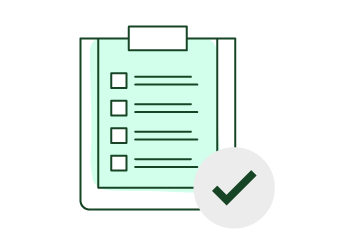Getting Things Done - GTD
GTD and Project Management
AUTHOR: Francisco Sáez
One of the things I like about GTD is that it can be seen as a simple project management methodology. There is no contempt at all in that adjective, on the contrary, I think being simple it’s a great virtue. Managing projects—I say this from my own experience—can be really complex and, unless you are a Project Manager, the GTD approach will be more appropriate in most of your projects, especially if they are personal.
David Allen, the creator of GTD, defines a project as any desired result that requires more than one action step. Although there is a big difference between this definition and the most widely accepted one within the discipline of Project Management, I think that being aware of the fundamentals of Project Management can help you manage your personal projects better, whether using GTD or not.
According to the PMBoK, a project is any temporary endeavor undertaken to create a unique product, service or result. This definition gives rise to some important concepts:
- A project is temporary. It has a defined end date (though it may take several years). The end is reached when the objectives have been achieved or when the project is canceled for any reason (the goals cannot be met, the need for the project is gone, etc…). For instance, “write a blog post every week” is not a project since it has no definite end date, it’s an operational, repetitive task.
- A project produces unique, quantifiable results. Therefore, “write a blog post about Project Management and GTD” would be a project, since it’s temporary and produces a unique result.
- A project requires a progressive elaboration. It’s developed in steps and is being defined incrementally. Normally it’s broadly described at the beginning and it’s put in concrete form and detailed as we develop a better understanding of the objectives.
I think GTD is a great approach for managing personal tasks and projects, and as such, it doesn’t require the inherent complexity of enterprise project management. But if you want to create a new business or build your own house, you should keep in mind that, in addition to actions, you must manage other aspects that will affect the success or failure of the project, such as scope, time, costs, resources, quality and potential risks. But that’s another story…





No comments